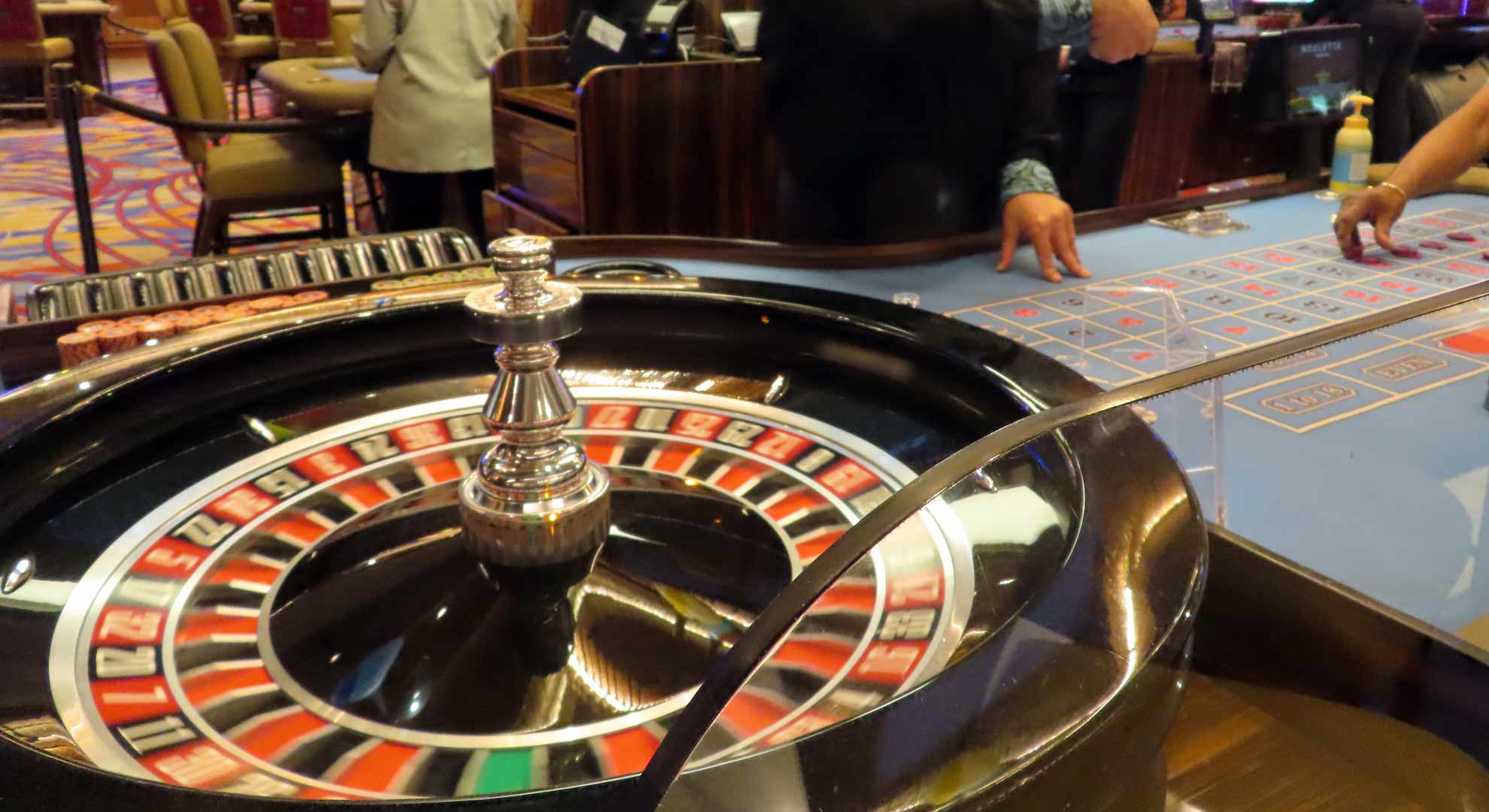The Social Psychology of Casino Nights

The Social Psychology of Casino Nights
Casino nights, often perceived as glamorous and high-stakes events, are more than just games of chance. They are fascinating microcosms of human behavior, deeply intertwined with social psychology. Understanding the psychological forces at play can shed light on why we are drawn to these environments and how we behave within them. Let's delve into the social psychology that makes casino nights so compelling, and perhaps even understand why some find the allure of winning at m88+slot so irresistible.
The Thrill of Risk and Reward
At the heart of casino night's appeal is the primal attraction to risk. Humans are inherently drawn to uncertain outcomes, especially when the potential reward is significant. The possibility of winning big triggers the release of dopamine in the brain, creating a sense of excitement and anticipation. This feeling is further amplified in a social setting, where the shared experience of risk-taking bonds individuals together. The anticipation builds, creating a palpable energy that is both captivating and addictive.
Social Influence and Conformity
The social environment of a casino night heavily influences individual behavior. We are social creatures, and we often look to others for cues on how to act, especially in unfamiliar situations. If we see others placing large bets or celebrating wins, we may be more inclined to do the same, even if it goes against our initial instincts. This phenomenon, known as conformity, can lead to impulsive decisions and a disregard for personal boundaries. The desire to fit in and be accepted by the group can override rational thought, especially when combined with the intoxicating atmosphere of the casino floor.
The Power of Illusion and Escapism
Casino nights offer a temporary escape from the mundane realities of everyday life. They create a world of illusion, where the ordinary rules no longer apply. The glittering lights, the sound of clinking chips, and the promise of fortune all contribute to this sense of escapism. For a few hours, individuals can step into a different persona, shedding their inhibitions and embracing the thrill of the game. This escape can be particularly appealing to those who are feeling stressed or overwhelmed by their daily routines. It's a temporary vacation for the mind, a chance to indulge in fantasies and forget about responsibilities, similar to the distraction one might find playing m88+slot for fun.
Loss Aversion and the Sunk Cost Fallacy
Two key psychological principles that come into play during casino nights are loss aversion and the sunk cost fallacy. Loss aversion refers to our tendency to feel the pain of a loss more strongly than the pleasure of an equivalent gain. This can lead individuals to chase their losses, hoping to recoup what they have lost. The sunk cost fallacy, on the other hand, is the tendency to continue investing in a losing proposition simply because we have already invested so much in it. Both of these biases can contribute to poor decision-making and significant financial losses.
The Role of Atmosphere and Design
Casinos are carefully designed to maximize player engagement and encourage spending. The layout of the casino floor, the color schemes, and the music all contribute to creating a stimulating and immersive environment. The absence of clocks and windows is intentional, as it helps to disorient players and encourage them to lose track of time. Even the placement of ATMs and restrooms is strategically planned to keep players on the floor for as long as possible. This carefully crafted atmosphere subtly manipulates behavior and increases the likelihood of continued gambling.
Conclusion
Casino nights are complex social environments that tap into fundamental aspects of human psychology. The thrill of risk, the influence of social norms, and the allure of escapism all contribute to their enduring appeal. By understanding the psychological forces at play, we can gain a greater appreciation for the dynamics of these events and make more informed decisions about our own behavior. While the chance to win big is certainly a draw, it's the social and psychological experience that truly makes casino nights so captivating.
```